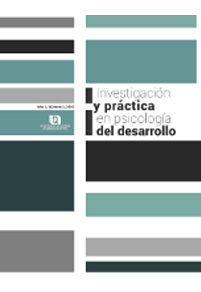Ciencias o cientificismo: una elección ética
DOI:
https://doi.org/10.33064/ippd63077Keywords:
science, scientism, dogmatism, reductionism, differenceAbstract
Science in a broad sense does not seem to predominate today; unfortunately for humanity, scientism does. But when generalizations are made and the subjects who do science are confused with those who adopt the scientist position, thinking of the "scientists" as the enemy to be defeated, are they not as confused in thought as the scientistics? Aren't the later as dogmatic as the former? It is suggested that the first thing to do is to clarify the difference; the second, to recognize what humanity owes to the sciences, and the third, to question all kinds of "isms".
Downloads
References
Aristóteles (2008). Física, libro III. Madrid: Ed. Gredos.
Charbonnat, P. (2002). Historia de las filosofías materialistas. Madrid: Sillepse.
Feixas, G. (2018). La personalidad. Ciudad de México: Salvat.
Huxley, A. (1932/2019). Un mundo feliz. Barcelona: Penguin Random.
Laurent, E. (2014). Lost in cognition. New York: Routledge.
Nietzsche, F. (1872/2010). El nacimiento de la tragedia. Buenos Aires: Caronte.
Nietzsche, F. (1873/2010). Sobre verdad y mentira en sentido extramoral. Madrid: Técnos.
Pascal, B. (1670/2012). Pensamientos. Madrid: Gredos.
Downloads
Published
How to Cite
Issue
Section
License
Attribution-NonCommercial-ShareAlike 4.0 International (CC BY-NC-SA 4.0)
You are free to:
Share — copy and redistribute the material in any medium or format
Adapt — remix, transform, and build upon the material
The licensor cannot revoke these freedoms as long as you follow the license terms.










